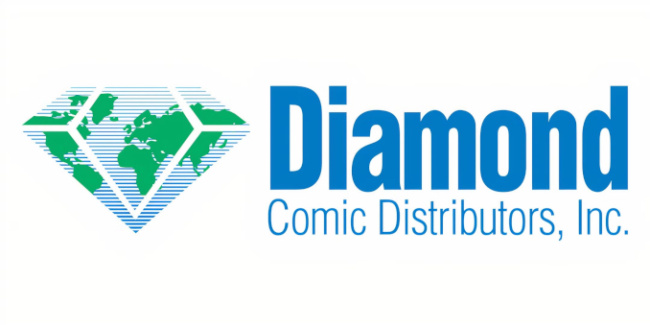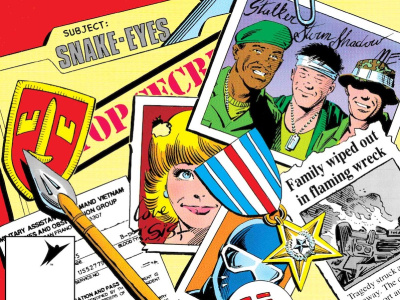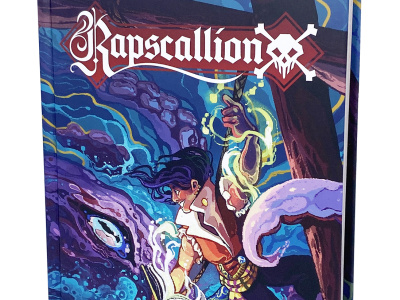Diamond Comic Distributors and Alliance Game Distributors have continued to operate after Diamond Comic Distributors and related companies filed for Chapter 11 bankruptcy protection in January, but not all post-petition invoices were getting paid as they come due. To better understand the situation, we talked to Angelo Exarhakos, the CEO of Universal Distribution, which acquired Diamond division Alliance Game Distributors in May (see "Under New Ownership – Alliance and Diamond").
To clarify, debts incurred before Diamond filed (pre-petition debt) were mostly frozen, except for creditors who had to get paid for the business to continue. Debts incurred by the bankruptcy estate (the court-supervised Diamond companies) between filing and the sale of the company assets in May were generally treated as administrative claims, necessary to keep the companies functioning and preserve value for a potential sale. But it's been clear for some time that not all invoices from that period were being paid as they came due.
In late June, Dynamite Entertainment filed a motion to compel Diamond to pay invoices for goods shipped after the filing, which it said totaled over $1 million and were necessary for its survival (see "Dynamite Asks for Rush Hearing"). And in announcing to retailers in mid-July that it would be working with ACD Distribution for U.S. retailers in the future, Snowbright Studio alleged that Alliance Game Distributors had sold consignment inventory for which it had not been paid.
We asked Exarhakos for clarification, as he’d told us in our interview last month that for Alliance Game Distributors, Universal Distribution had covered the pre-petition debts to creditors as part of its acquisition price, and was also covering new invoices (see "ICv2 Interview: Universal Distribution CEO"). But we did not specifically ask about debts incurred by Alliance between the bankruptcy filing and the sale to Universal, and it turns out that there’s a twist.
"Technically speaking, those should be guaranteed, and they are guaranteed through the court; it's just that the timing is not guaranteed," he said. "If there's no cash right now, they're basically not paying them until they're able to convert either inventory or receivables or any other assets from the estate into cash to make those payments."
Exarhakos also addressed the question of whether Universal could take over those obligations. "The problem is we're not allowed to pay them unless we go back to court and shift the mandate from the estate to us," he explained. "The process for us would probably take months, and it would probably be expensive for us to go back to the court and seek a mandate like that. As far as I understand, they're going to be paid. It's just a question of when."
Exarhakos shared his concern over the impact of the late payments by the bankruptcy estate. "It sucks because there's a lot of these vendors who really need that cash right now," he said. "I wish we could do something to make it go faster. We did speak to the estate several times, impressed upon them that this can damage our business relationships. They understand. They say they're doing their best to raise the cash as soon as possible."
This is one more way in which the bankruptcy process has gone south, and is perhaps one reason why Diamond is trying to seize and sell consignment inventory in its warehouse, a move that is being hotly contested by its consignment vendors (see "New Filings in Consignment Dispute").









